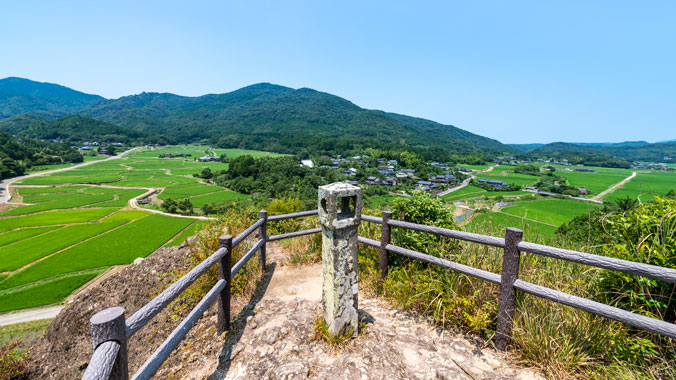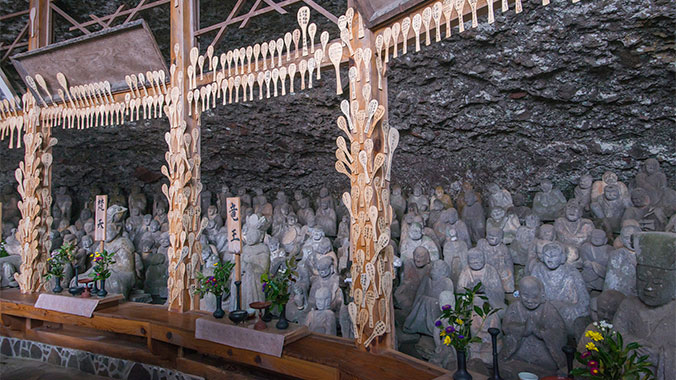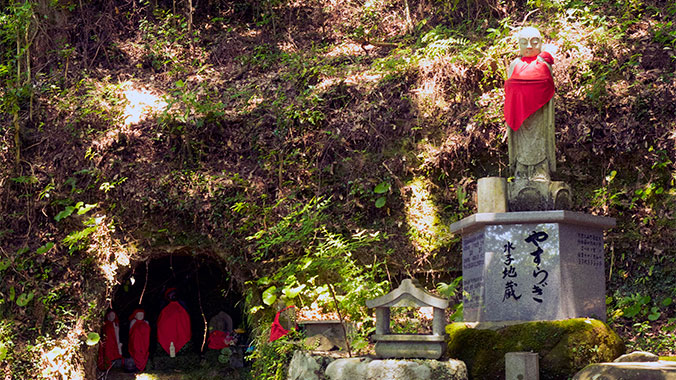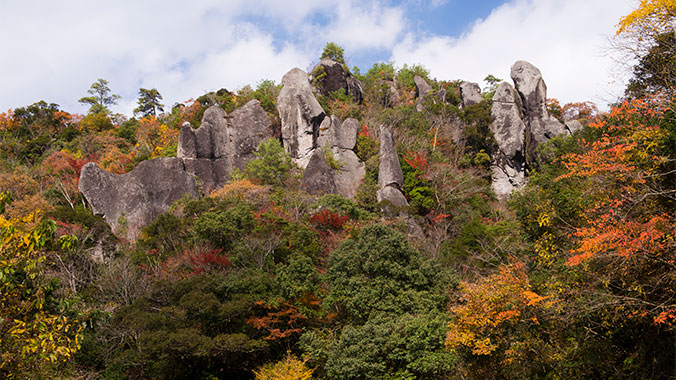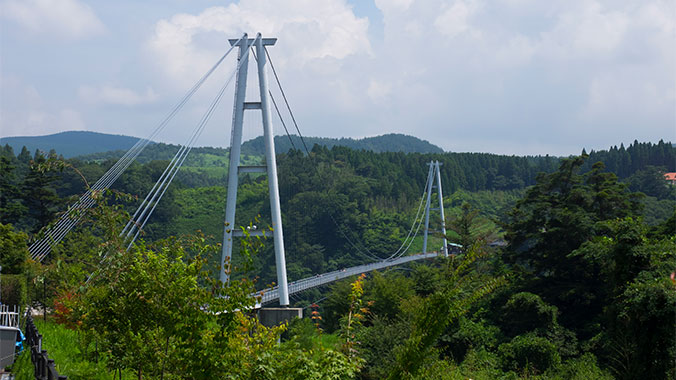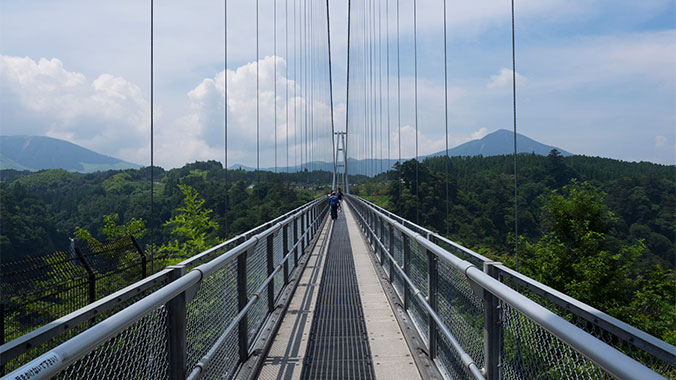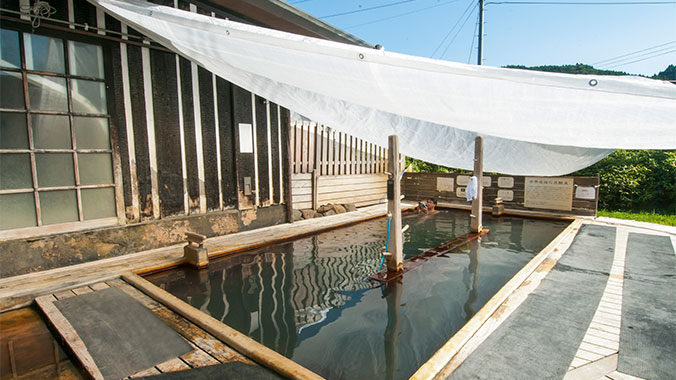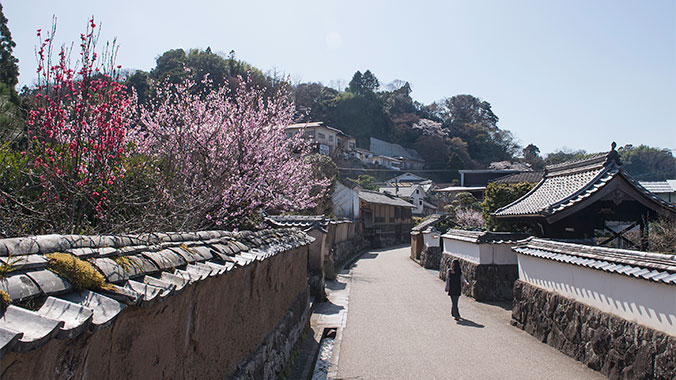A Traveller's History of Japan
by Richard Tames
A lively and concise narrative history of Japan and its transformation from Shinto, Shogun and Samurai
traditions to 20th-century powerhouse.
Bending Adversity, Japan and the Art of Survival
by David Pilling
Financial Times Asia editor Pilling captures the dynamism and diversity of Japan after the 2011 tsunami.
He interviews, among many, novelist Haruki Murakami, former prime minister Junichiro Koizumi,
industrialists, bankers, activists and artists, teenagers and octogenarians.
Culture Smart! Japan
by Paul Norbury
A concise, no-nonsense guide to local customs, etiquette and culture, this is a helpful travel tool for
visitors to Japan.
Eyewitness Guide Japan
by Eyewitness Guides
Dazzling illustrations, architectural cutaways and color photographs, along with useful local maps, give
this guide to Japan's many attractions a distinct edge.
Hiroshima
by John Hersey
This classic book, first published in 1946, has been hailed as the greatest piece of journalism in the 20th
century. Pulitzer Prize-winning writer Hersey puts a human face on the Hiroshima tragedy through
interviews with survivors.
In Praise of Shadows
by Junichiro Tanizaki
This extended essay by the great Japanese novelist, first published in 1933, offers tremendous insight into
traditional Japanese art, architecture and design.
Japan Adventure Map
by National Geographic Society
Printed on waterproof and tear-resistant paper, this double-sided map shows all the islands of Japan at a
scale of 1:1,300,000.
Japan's Cuisines
by Eric C. Rath
This illustrated overview charts the transformation of Japanese cuisine over the ages, revealing the
influences of private and public institutions, exploring the rise of tea and showing how lunch became a
gourmet meal.
Kaempfer's Japan: Tokugawa Culture Observed
by Beatrice Bodart-Bailey
A good account of what it was like to travel in the Tokugawa period.
Kyoto, A Cultural History
by John Dougill
A rich portrait and guide to the gardens, monasteries, art, history and culture of Kyoto, once Japan's
capital, founded 1,200-years ago.
Learning to Bow, Inside the Heart of Japan
by Bruce Feiler
As surprising, helpful and informative as it is funny, this is an insightful account of travels and teaching in
Japan. Feiler presents anecdotes on the rituals, personality traits and cultural peccadilloes of the Japanese.
Lonely Planet Japanese Phrasebook
by Yoshi Abe
A handy palm-sized guide to pronunciation, basic grammar and essential vocabulary for the traveler.
Memoirs of a Geisha, A Novel
by Arthur Golden
The runaway best-selling novel about a geisha in the celebrated Gion district of Kyoto. A major feat of
literary impersonation, the novel is rich in period detail and ceremony.
Super Sushi Ramen Express
by Michael Booth
Using keen insight and sarcastic wit, Booth describes the cuisine and culture of Japan as he recaps the
nearly three months-long foodie road trip he and his family took through the island nation. A fun journey,
sure to both entertain and inform.
The Art of Setting Stones & Other Writings from the Japanese Garden
by Marc P. Keane
In these lyrical essays, Kyoto resident and landscape architect Marc Peter Keane uses eight Japanese
gardens as bases for essays on nature, religion and aesthetics. His rich, meditative excursions find beauty
in garden composition - every element gaining importance and interconnectedness.
The Book of Tea
by Kakuzo Okakura
A graceful, witty meditation on Japanese aesthetics and culture as reflected through the tea ceremony. A
celebrity and cultural ambassador, Okakura was a curator at Boston's Museum of Fine Arts.
The Book of Tokyo: A City in Short Fiction
by Michael Emmerich (Editor)
This anthology of contemporary Japanese short stories was edited with the traveler in mind. The ten pieces
of literature, mystery, science fiction and horror form an imaginary tour of the city of Tokyo.
The Dog Shogun: The Personality and Policies of Tokugawa Tsunayoshi
by Beatrice Bodart-Bailey
Largely focusing on the so-called Dog Shogun, this book also covers the history before and after and argues that his policies are to a large extent responsible for Japan's rapid modernization in the 19th century.
The Inland Sea
by Donald Richie
Richie's masterpiece, more than a travel account, is a beautiful reflection on all things Japanese by one of
its most acute observers.
The Little Book of Japan
by Charlotte Anderson & Gorazd Vilhar
Veteran Japanophiles Vilhar and Anderson produced this illuminating collection of 44 essays on Japanese
life and culture, which, even in the 21st century remains elusive and poorly understood.
The Samurai
by Shusaku Endo
This historical novel by one of Japan's best-known modern writers is set in the world of the 17th-century
Samurai. A Roman Catholic, Endo explored Christianity and morals in his many novels and stories.
Thousand Cranes
by Yasunari Kawabata, Edward G. Seidensticker (Translator)
This novella by the great Kawabata may be Japan's best-known literary work, a story of love, grief and
redemption. Kawabata's prose is as economical as the tea ceremony itself and very beautiful.
Tokyo, A Biography
by Stephen Mansfield
In his 500-year history of Tokyo, Mansfield presents the Japanese capital as an "indestructible organism"
that has survived bombs, earthquakes and radiation and continues to thrive. An easy introduction to a
fascinating city.
Walking the Kiso Road: A Modern-Day Exploration of Old Japan
by William Scott Wilson
William Scott Wilson travels along the ancient Kiso Road, historically used by samurai and warlords and
relatively unchanged today. As he makes his way, Wilson engagingly ruminates on Japanese history,
culture and folklore.
Where the Dead Pause, and the Japanese Say Goodbye
by Marie Mutsuki Mockett
When her American father passes away, Mockett seeks consolation in her mother’s home country of
Japan. She visits a radiation zone, a Buddhist school, temples and festivals in an effort to understand the
Japanese way of grieving, to bury her dead and find healing.








